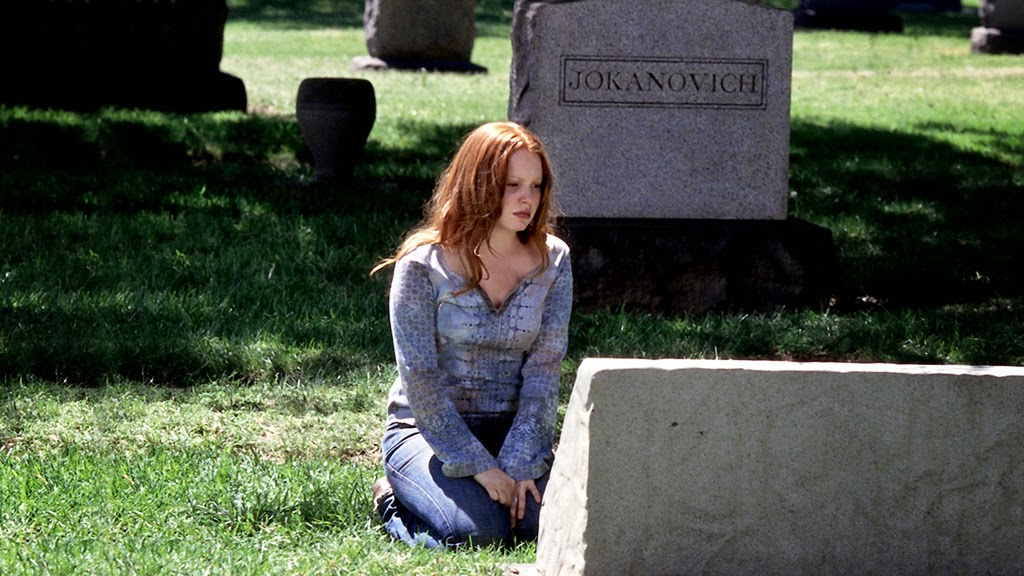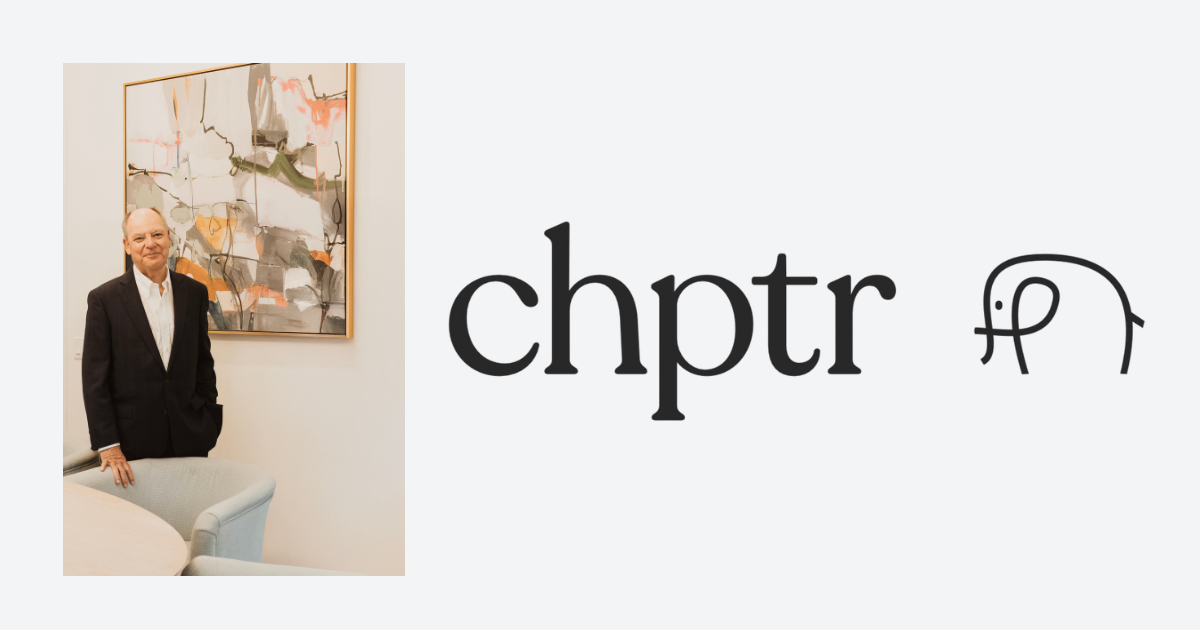SIX FEET UNDER: Why these women chose the world’s saddest profession
Originally published by: BizJournals.com
Jillian Rutherford remembers one of the first funerals she organized. It was for a man who was a huge University of Michigan fan.
She made sure all the arrangements and décor displayed the school’s colors: maize and blue. The man’s family also told her how much he loved popcorn, and Rutherford made a small batch to hand out as a memento after the service.
“No matter what, I always try and create a little item for the family to remember their loved ones,” said Rutherford, a funeral director at Brown Funeral Home near Detroit, Mich.
Rutherford, 32, received her funeral director license earlier this year. She is part of a growing number of women taking advantage of opportunities in the historically male-dominated funeral industry, thanks to changing attitudes and the rise of corporate ownership.
“I wanted to help people,” Rutherford said. “Everyone says that when you ask a funeral director, but it’s true.”
Brown Funeral Home is part of the Dignity Memorial arm of death-care giantService Corporation International. Until the 1970s, all funeral homes were independently owned. Now, publicly traded corporations own 14 percent, and SCI is the largest corporation in the country, bringing in $550.3 million in operating income in 2015.
Corporate-owned funeral homes offer more job opportunities than the small operations, meaning more openings for women. And while many funeral directors take the job as the start of a second career, the industry is increasingly becoming a first choice for young women like Rutherford. More than 60 percent of mortuary science students in the U.S. are women. And the Bureau of Labor Statistics reported the annual median salary for funeral service managers was more than $48,000 in May of 2015, with the highest 10 percent earning more than $82,000 per year.
While the rise of women in the field may come as a surprise for those of us who still think stereotypically of a funeral director as a straight-faced man in a black suit, industry insiders have seen women in the profession for quite a while.
“Women in funeral service is not news,” said Robert C. Smith, executive director of the American Board of Funeral Service Education. “That was news 15 or 20 years ago, but not today.”
However, the level of their involvement has changed dramatically in those 15 or 20 years. What newcomers like Rutherford are seeing today looks vastly different than the profession Molly Lindell entered in the mid-1990s.
Lindell is a regional market director for Dignity Memorial and oversees more than 25 funeral homes in the Houston area. She’s been in the industry since 1994, when women still had trouble finding jobs at independent, family-operated funeral homes.
“Unless you had the last name on the sign of the funeral home, it was so hard to break in,” she said.
At the time, Lindell didn’t fit society’s idea of a funeral director, or morticians as they were called then. She originally attended nursing school while living in St. Louis while her husband served in the Air Force during Desert Storm. Her close friends owned a nearby funeral home and Lindell loved helping out in any way she could. When she and her husband moved to the Chicago area, Lindell left nursing to attend Worsham College.
After completing an apprenticeship at the Cook County morgue and becoming a licensed funeral director, Lindell got her first position at an SCI-owned funeral home. Families were often surprised to work with a woman, and Lindell was required to wear skirts and dresses.
“I was in the Midwest,” she said. “Standing by a grave for 20 minutes is a little cold in nylons.”
The historical scarcity of female funeral directors comes from the physical nature of the job, said Smith, of the Board of Funeral Service Education. Funeral directors have to lift and transport bodies, something women weren’t thought to have the strength to do.
“Now, women can do anything,” he said. “Attitudes have changed just like society has changed.”
That’s reflected in the growing number of women pursuing degrees in mortuary science as their first-choice career. In Lindell’s graduating class at Worsham College of Mortuary Science, three out of the 47 students were women. When Rutherford graduated from Wayne State University this year, more than half the students in her program were young women, most in their early 20s.
The rise of corporate-owned funeral home has provided more opportunities for women like Rutherford — although not everyone in the industry sees the shift to corporate-owned funeral homes as positive.
The Houston-based SCI, for instance, has been accused of using a corrupt business model and poor cemetery practices. A 2013 Bloomberg article reported SCI charges 42 percent more for traditional funeral services than independent funeral homes while simultaneously putting them out of business.
Still, the company has provided Rutherford with an opportunity to pursue a career she loves.
She initially studied psychology at the University of Tennessee, where she earned her first bachelor’s degree. But a course on death and bereavement fascinated her and she applied to Wayne State University to pursue a second degree in mortuary science.
The curriculum included courses on death and dying, conflict resolution, grief, funeral service history and two semesters of embalming classes. The first day in embalming lab, Rutherford said a nurse was on hand in case anyone felt queasy.
“I had not seen a dead body in probably 10 years,” Rutherford said. “I told [my instructor] that and he said ‘Oh, bless your heart,’ patted my back and walked away.”
But Rutherford was unfazed. In fact, the experience reinforced her thought that this was a career she was meant for. She enjoys helping families celebrate the lives of loved ones, even though she sheds her fair share of tears behind the scenes.
Lindell has also found the work of a funeral director to be overwhelmingly gratifying. A service that has stuck with her for more than a decade was for a man who died of a heart attack just before his daughter’s wedding. The daughter was devastated that her father wouldn’t be there to walk her down the aisle. Lindell came up with the idea to hold the ceremony in the cemetery so she could, in a way, have her father with her on her wedding day.
“To be able to help people at the most difficult time of their life, to be able to help them through the worst of times, almost like part of the family, it’s the most rewarding career anybody can have,” Lindell said.




